Pomegranate (Punica granatum) is a shrub or tree reaching a height of 8 meters, which blooms with large red seeds. Its fruits are delicious with a hard peel with numerous pink, yellow and red seeds. The inside of the pomegranate is juicy and very like the shape of an orange. Pomegranate is incredibly delicious food and valued as a medicine for thousands of years.
Every single seed inside a pomegranate is transparent and wrapped in a bright red flesh. Grains have a very unique and refreshing pleasant sweet-sour taste. This fruit has extremely valuable taste and health benefits. It is a dry-loving plant that is found in Asia, Africa, the Mediterranean region and southwest United States.
Although it is grown for its edible juicy fruit, gardeners often grow it just for decoration in the garden. In Greece and Turkey, pomegranates are spread widely.
History of pomegranate
The history of the pomegranate we can trace from ancient times. Legend has it that for a single grain of pomegranate Demeter, goddess of fertility, from Greek mythology, was doomed to lose her daughter Persephone to Hades - god of the underworld. Pomegranate has a lot of symbolism embodied in Lebanese, Iranian and Turkish mythology and kitchen.
In ancient Egypt, the tomb of Pharaoh Amenhotep even had a picture of a pomegranate. This is no accident – to the Egyptians pomegranate was a symbol of fertility and a cure for many diseases. Tibetan medicine has long known the valuable qualities of the pomegranate - pomegranate juice, has successfully been used in gastric disease, kidney stones, and sour pomegranate - against diabetes mellitus.
In medicine, the Arab nations with the juice of pomegranates overcame headache, angina, and gastrointestinal disorders. For Indians, the liquid was like ambrosia - use it to rejuvenate. In traditional Chinese medicine a decoction of the fruit;s peel is used as a restorative and anti-inflammatory agent that stimulates metabolism.
Composition of pomegranate
Pomegranates are a unique gift of nature, rich in many vitamins and microelements. They have many vitamins - B1, B2, D, C. Rge red seeds contain citric acid, tannins and polyphenols, which are very important for the body to improve the tone of blood vessels. With regular consumption of pomegranate, bad cholesterol becomes good, because these fruits greatly improve the saturation of the blood with oxygen.
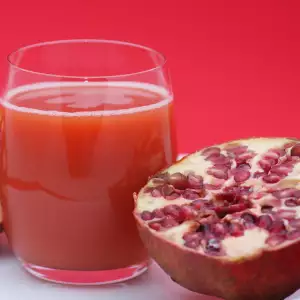
Freshly squeezed pomegranate juice is a delicious, refreshing drink, well known in warm countries for its ability to perfectly quench thirst. Pomegranate juice contains sugars (about 20%), organic acids (citric and Yablachna, 9%), minerals - manganese, phosphorus, magnesium, aluminum, silicon, chromium, nickel, calcium, copper (0.2-0.3%), as well as vitamins C, B1, B2, B6, B12, D and A. Pomegranate has the highest content of vitamin C, and the lowest is that of vitamin A.
Colorants in pomegranates are abound - a huge amount of flavonoids, protein, fiber and oils containing vitamin E. There are a lot of tannins in the skin of a pomegranate, quite often small amounts of the dried and prepared tea, which stomach disorders were successfully treated with.
100 g pomegranate contains: Calories- 83, Protein- 1.67 g, Carbohydrates- 18.7 g, Fat- 17.1 g
Selection and storage of pomegranate
Always choose heavier for their size fruits with fresh crust. Beautiful pomegranate is heavy and big. Its bark is dry, no soft spots and areas. In it must have palpable nipples. Whole fruit is stored successfully in a refrigerator up to 1 month, and in the freezer, these delicious fruit seeds can last up to 3 months. Freezing is not preferable to the opportunity to eat fresh fruit.
Culinary uses of pomegranate
Pomegranate is not only a delicious fruit that is ideal for desserts, but it is prepared into very interesting to taste sauces. You can mix 1 cup pomegranate juice with 1/2 cup ground nuts and chopped parsley. Add some pepper, which will make an excellent sauce for meat and fish. Grains of a pomegranate can be dried and added to dishes of peas and beans. In India, this mixture is known as anardana. Pomegranate juice, like other fruit juices is ideal for marinating meat, with the result that it gets juicy.
Pomegranate fruit is used in canned form. Sometimes used to color confectionery, including ice cream. In Eastern cuisine, they cook and compress juice from pomegranate to complete the taste of roasted meat, poultry and fish dishes. The consumption of pomegranate can cook acidic, mousses, etc.., and it can be used to decorate a variety of desserts.
Benefits of Pomegranate
Categorically, pomegranate extracts have anti-inflammatory and antispasmodic action, which is confirmed by modern medical science. Studies in recent years even indicate that regular consumption of pomegranate may help easier birth.
There is scientific justification to the claim that pomegranates contain compounds called phytoestrogens. They can successfully replace the missing quantities of the hormone estrogen in the female body. Ladies who love the taste of pomegranate and eat it regularly, have a far less painful period of menopause. For therapeutic purposes even the tree bark is used, the flowers and fruits ripen in autumn.
Since ancient years in folk medicine, pomegranate is used as a remedy for fevers, malaria, scurvy, angina, cough, anemia, bronchial asthma, in the treatment of tuberculosis, pneumonia, kidney failure, dermatitis, burns and poisoning. Pomegranate juice and pomegranate are recommended for diabetics and successfully lower high body temperatures.
Pomegranate brew has a beneficial effect on abdominal pain, gastrointestinal disorders, headaches and more. It inhibits gram-positive bacteria, and polyphenols from the skin stop dysentery.
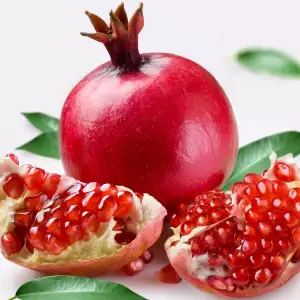
People in pre- arrest state restore cardiac activity through 50 g pomegranate juice daily. These gifts of nature have another nice plus - 200ml pomegranate juice is equivalent to 1 pill Viagra - strange as it sounds, this is the result of the scientific work of a team of specialists.
Pomegranate is used persistently and with different embellishments and cosmetic procedures. As seen, this fruit is one of the most effective natural antioxidants that can prevent skin aging. Applied to freckles, pomegranate juice is an effective tool for hiding them.
The juice of the pomegranate plays the role of water for the mouth - rinse your mouth with pomegranate juice, which will help you deal with problems in the mouth and bad breath. In practice, no part of this valuable fruit should be discarded, because it can be used successfully for different purposes.
White spacers between the grains of the are is also used - they are dried and added to tea. Have the ability to calm the nervous system and successfully fight insomnia. If you're stressed and unstable sleep, this tea is beneficial.
A decoction of the skin of the pomegranate makes for beautiful hair. For this purpose, cut two pomegranate peels into small pieces, pour 1 liter of boiling water and allow to heat for 3 minutes. Cool the liquid, strain it and use to rinse your hair after you wash it.
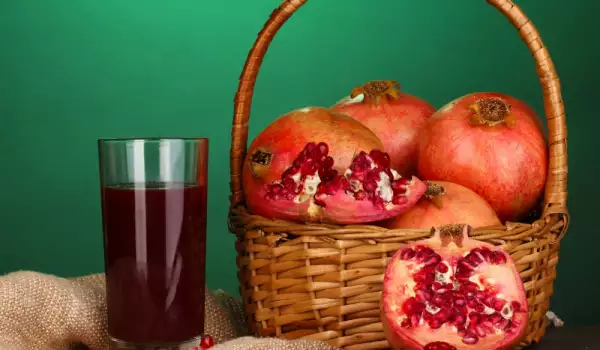
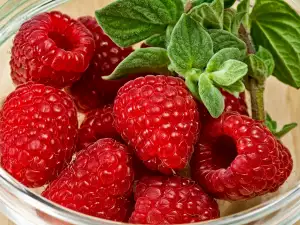
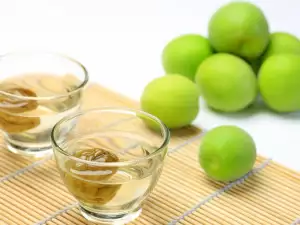
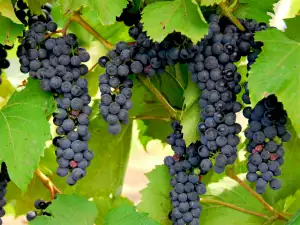
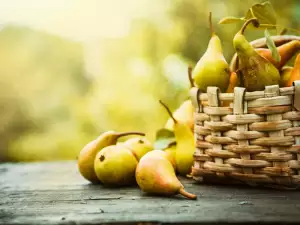
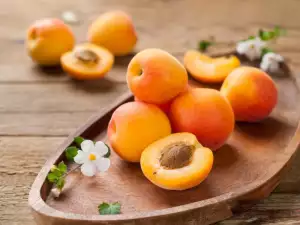
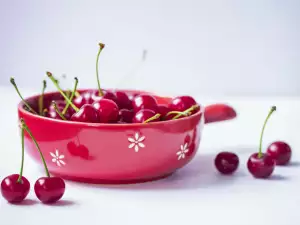




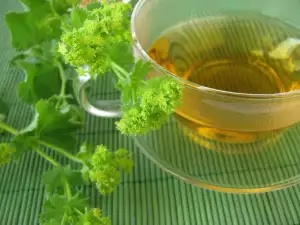


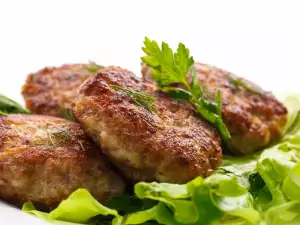
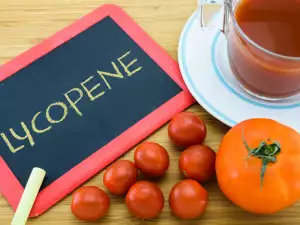




Comments